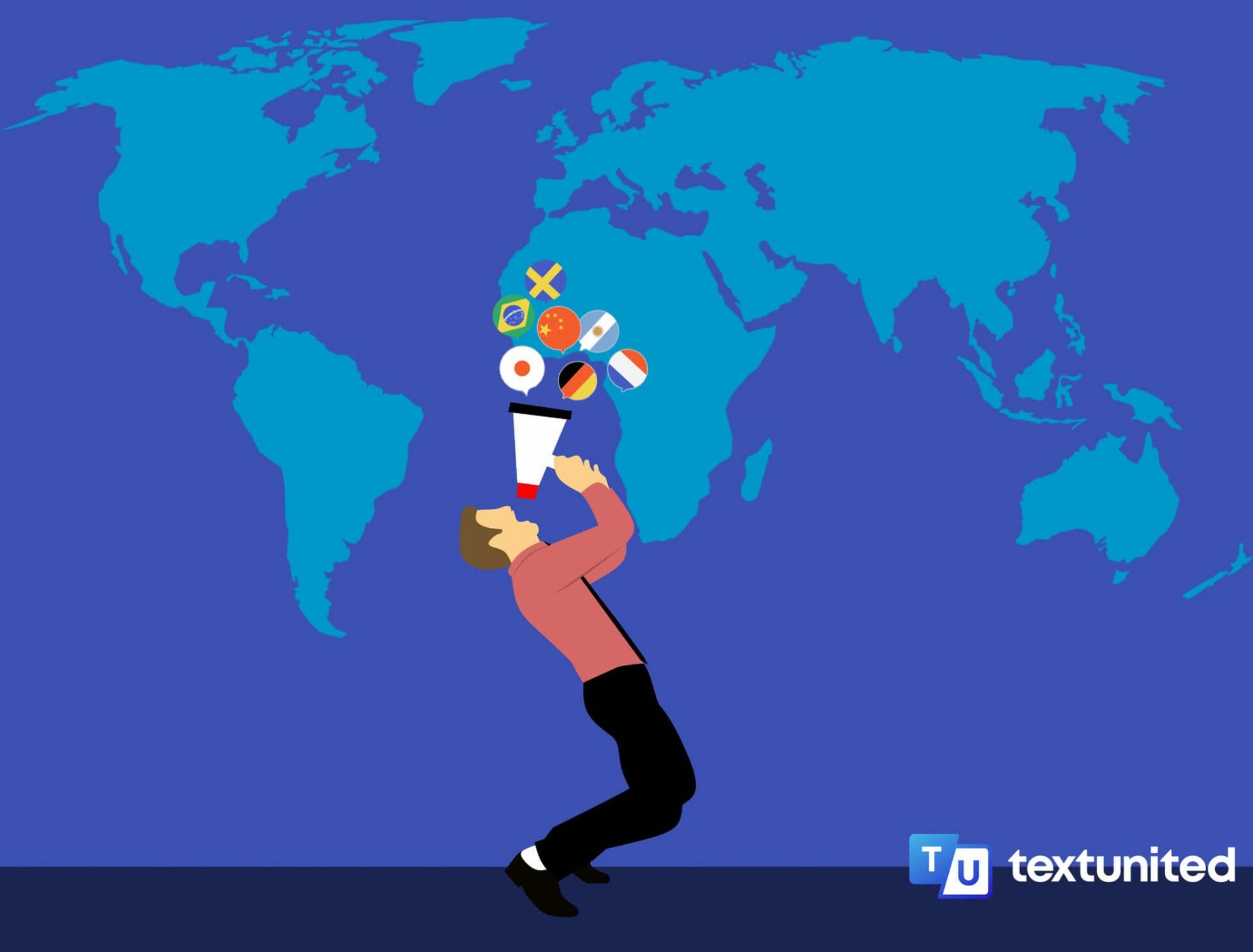Voice of Customer (VoC): a term anyone who’s undertaken market research will be familiar with.
The process – sending out surveys, gathering the received data and prioritising its conclusions – might seem like a pretty abstract one. It certainly appears to move on quickly from its human starting point, progressing in a linear fashion away from the Bottom of Pyramid (BoP) – the people who support value chains at a grassroots level.
In an increasingly globalised economy, many companies’ value chains have become so complex and far-reaching that they can lack transparency, which limits accountability and inclusion. Those people at the Bottom of the Pyramid need and deserve to be heard – they must literally be able to reclaim their Voice as Customers. Any company concerned with making their value chains more ethical and sustainable should reconfigure how they collect and leverage VoC data, and assess its flow from the Bottom of the Pyramid to the Top.
Translation technology can act as a driver for such inclusion. It’s a Voice of Customer tool that literally allows you to speak the language of your customer. For people typically under-represented and under-served by traditional value chains, it can provide a means of communication that proportionately reflects the scale of their work – the Bottom of the Pyramid being a far larger demographic than the Top!
Intelligent Data Capture
In the first instance, stimulating communications and engagement through this technology creates a larger, more detailed dataset that originates from every node of a value chain. Learning more about your customers in this way facilitates the ability to make firmer, more informed decisions downstream. Not only giving voice to people and communities who may previously have gone unheard, VoC translation technology does so in a detailed, accurate, and contextualised way. The gathered data isn’t only larger – it’s also of a higher quality.
Receiving detailed information on how, for example, farming communities traditionally care for their surrounding environment, allows those downstream to make more sensitive and sustainable policy changes. In a world where value chains stretch across continents, conscientious firms should strive to listen and react to the unique concerns of those linked to them upstream. Wouldn’t you want to hear from an expert?
Another element contributing to the inclusivity of such data collection is its scope for reactiveness. Translation technology expedites the process of moving feedback downstream: the detail and accuracy it provides can quickly reach those who can act on it. Amplifying deep tier voices can sound like a slow process, but digitisation means feedback can happen in real-time, meaning those policy decisions are as timely as they are sensitive.
Improving customer support in this manner strengthens the bond of trust between those upstream and those downstream – at the Top and Bottom of the Pyramid respectively. More trust instils more confidence, creating a more transparent, accountable value chain, and in turn enriching customer service and sales. Who could’ve guessed that a value chain driven by VoC and focused on downstream accountability would be more ethical and sustainable?
Reconfiguring Information Flow
Embedding translation technology into value chains isn’t just about rethinking how data is gathered. It also reconfigures the flow of communication. Traditional VoC research takes the opinions of customers and actors and uses them to improve the decision making of individuals downstream. In other words, feedback mainly moves in one direction. Wouldn’t a cyclical flow of information further improve a company’s transparency?
Digital translation can provide this, and combine it with other innovative practices to best leverage the Voice of Customer. As discussed, grassroots reporting software works in real-time: decisions can be made and implemented as issues arise. It also offers the possibility of a two-way flow of information – one which embraces the adaptation and adjustment of work practices. For instance, being able to translate support tickets improves customer loyalty, and creates more trust through interactivity.
Many Voices, Many Languages
Localisation is another key feature of translation technology – this goes hand-in-hand with its accessibility and principle to remain barrier-free. No two grassroots suppliers are the same: they face individualised challenges in their work, and digital translation can better allow and encourage them to express this. Breaking down communication barriers via a range of media offers accessibility: BoP individuals should be able to convey their opinions, be that through using their voice, via a video, or in writing. The absence of software that requires downloading also opens up possibilities, as well as the availability of hundreds of languages and dialects within that programme.
Facilitating two-way information flow and making its input as individualised and customizable as possible greatly improves how a company can leverage the data it gathers. It’s not in anyone’s best interest to simply extract broader, more detailed data from the BoP – a more inclusive and ethical solution must also ensure information is shared. The days of one-way flows of VoC findings are over.
Improving Sustainability via the Voice of Customer
How does all of this translate into contributing to a more sustainable approach for companies to take? Firstly, the localised nature of translation technology facilitates the dissemination of accurate, contextualised reports on ecology, working conditions, and issues affecting BoP workers. The two-way flow of information built into this approach means that such feedback can be passed on with ease, and decision-makers are held accountable. A value chain with an effective grievance mechanism (in the form of grassroots reporting software) is one rooted in an ethos that prioritises accountability.
Secondly, from existing customers to potential sales, more loyalty and trust can take centre stage in a company when its constituent parts can communicate effectively. Improving understanding and engagement can strengthen the entire culture of a value chain, not only leveraging VoC more effectively, but driving initiatives in other areas of the business. In turn, this can better facilitate the sponsorship of social causes, and cultivate a more ethical and collaborative climate. Enterprises seeking to become more future-focused must embody these values: they ensure that current and potential value chains are recognised and treasured as the diverse human networks that they are.
A Technological Solution
Extension of Text United, is an end-to-end customer engagement solution for enterprises aiming to rethink their value chain practices. Its users don’t need to download anything, and feedback can be sent and received in any language. Multimedia formats are supported, so individuals at the BoP can express themselves via video, voice or text. TextUnited already supports social and environmental projects around the world, allowing them to receive and process BoP data in real-time, in a meaningful way – by capturing labour voices as close to their source as possible.
Translation technology plays a crucial role in these kinds of sustainable value chain solutions. As they implement these innovations, enterprises should emphasise positive change, respect, and tolerance. Ensuring that translation technology is woven into a wider program of change that embodies these values gives it direction and longevity, as well as delivering the obvious benefit of clearer communication.
Identifying accurate, actionable, and up-to-date insights sourced from grassroots workers is the key to ensuring technology makes value chains more sustainable and accountable. Selling to customers and conducting NPS surveys in different languages is now about more than just leveraging value chains economically. As more enterprises seek sustainable, adaptable, future-proof approaches to business, they must recognise the importance of reciprocity and interactivity in their networks. Stimulating communication throughout a value chain can contribute to building a more inclusive world.




